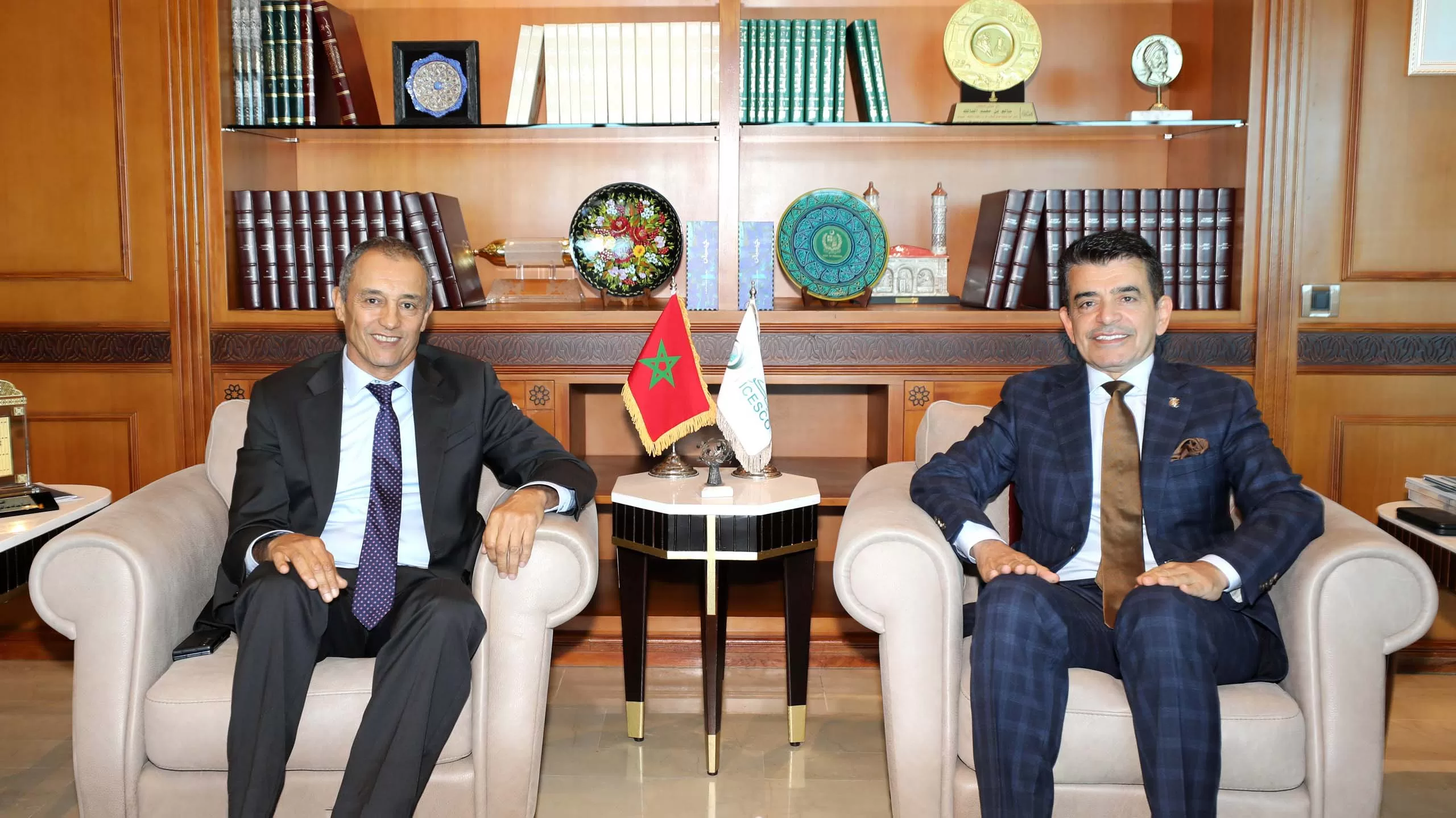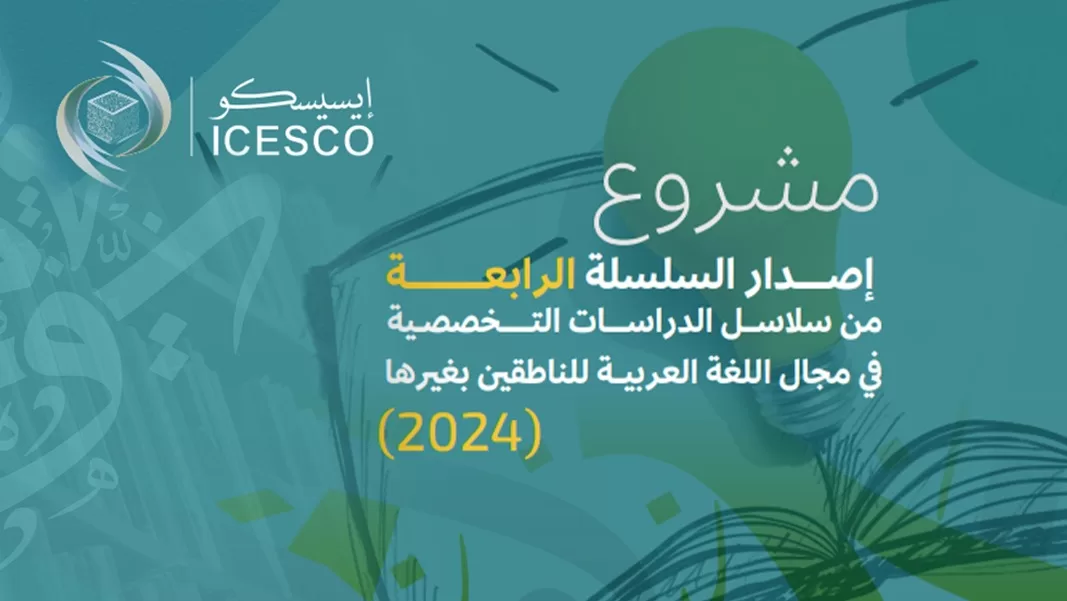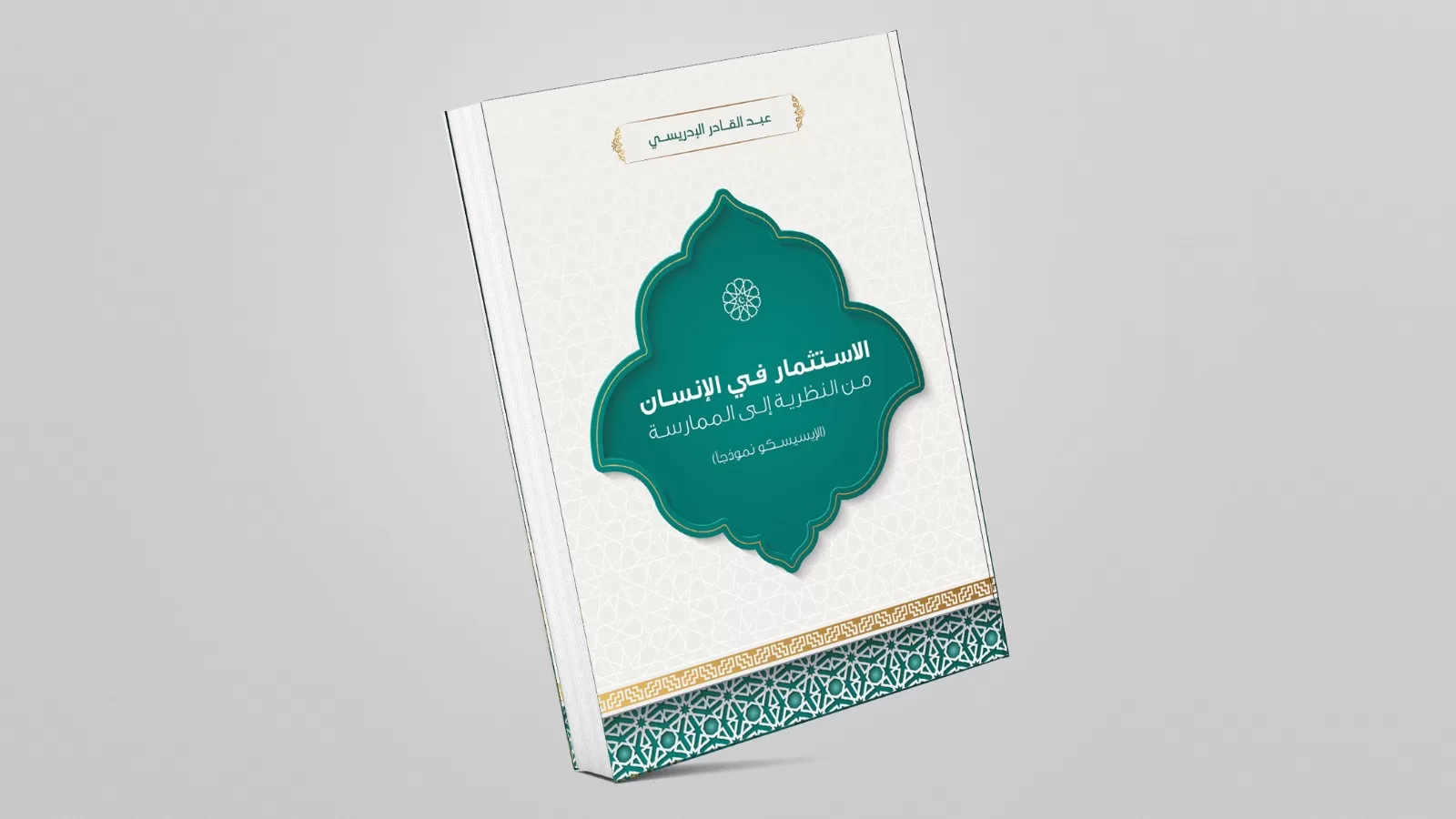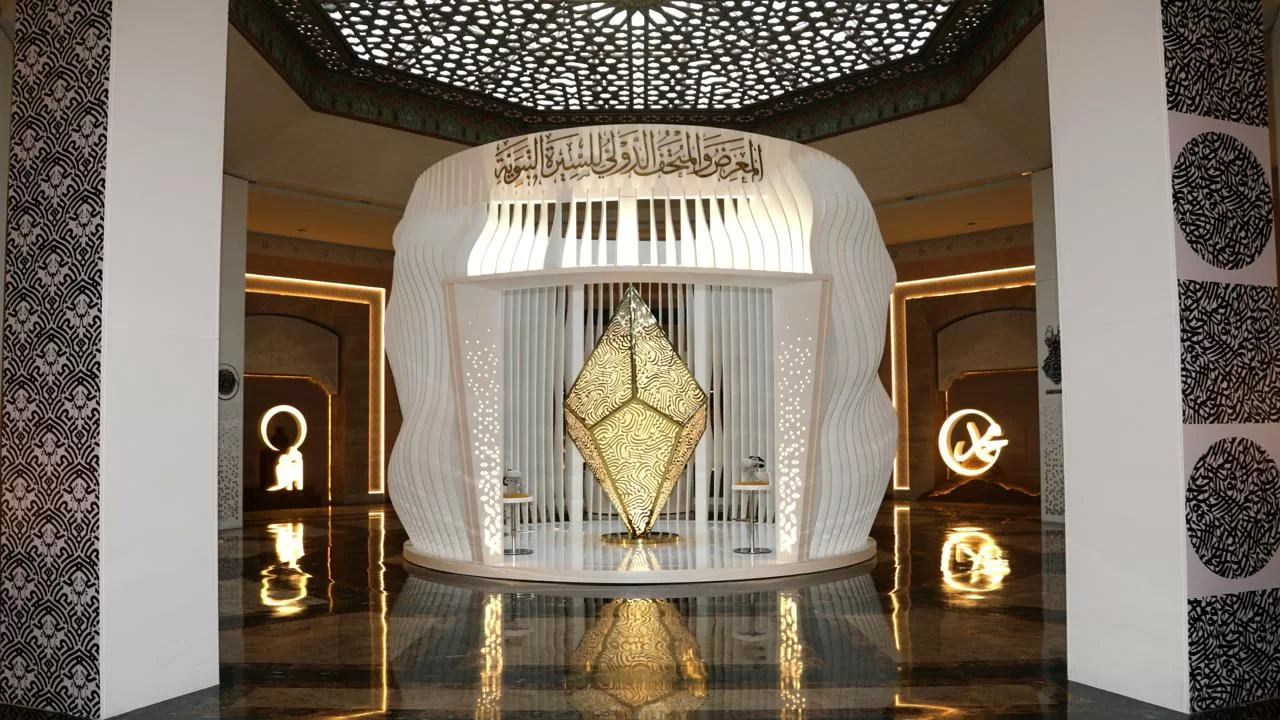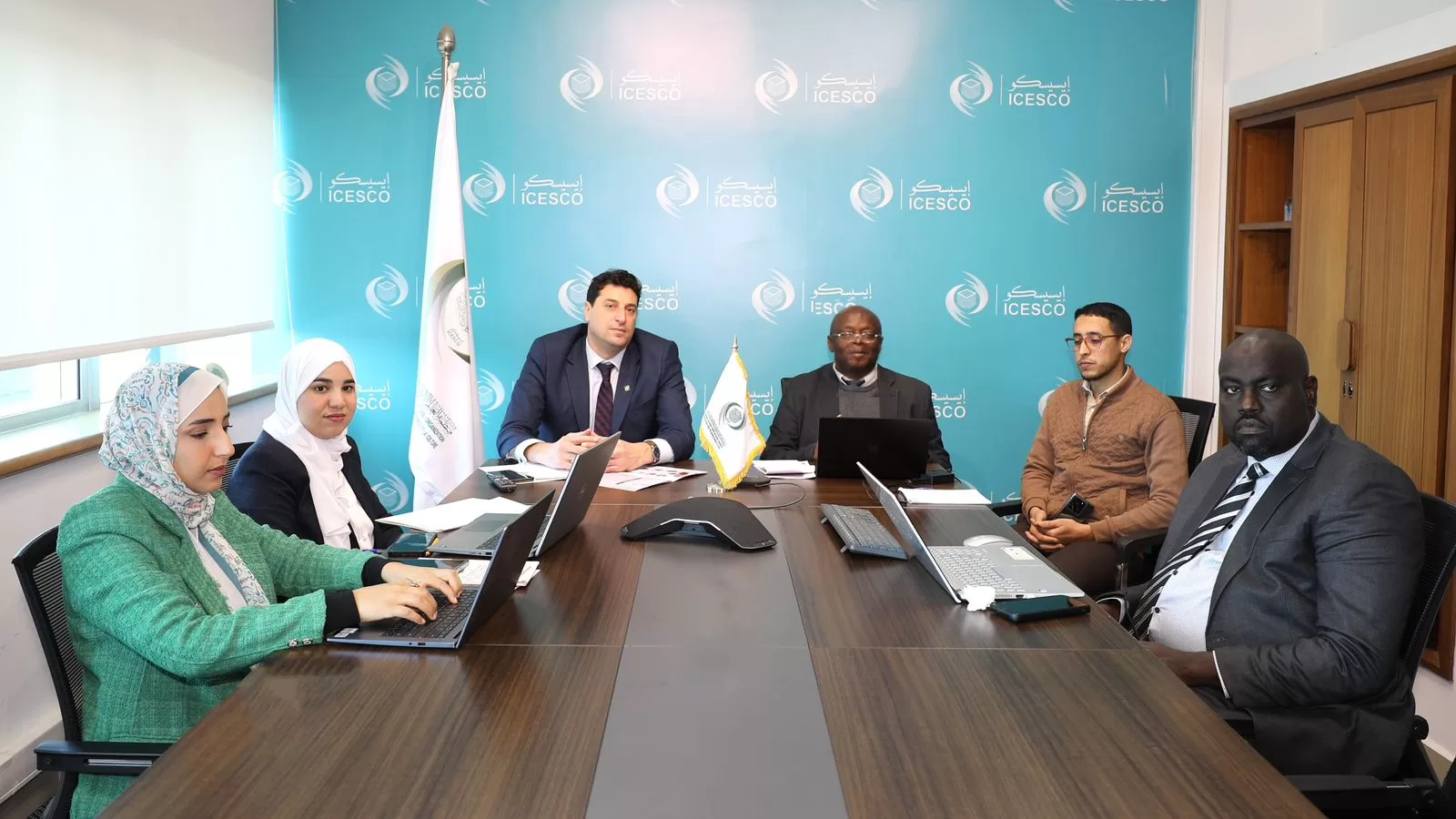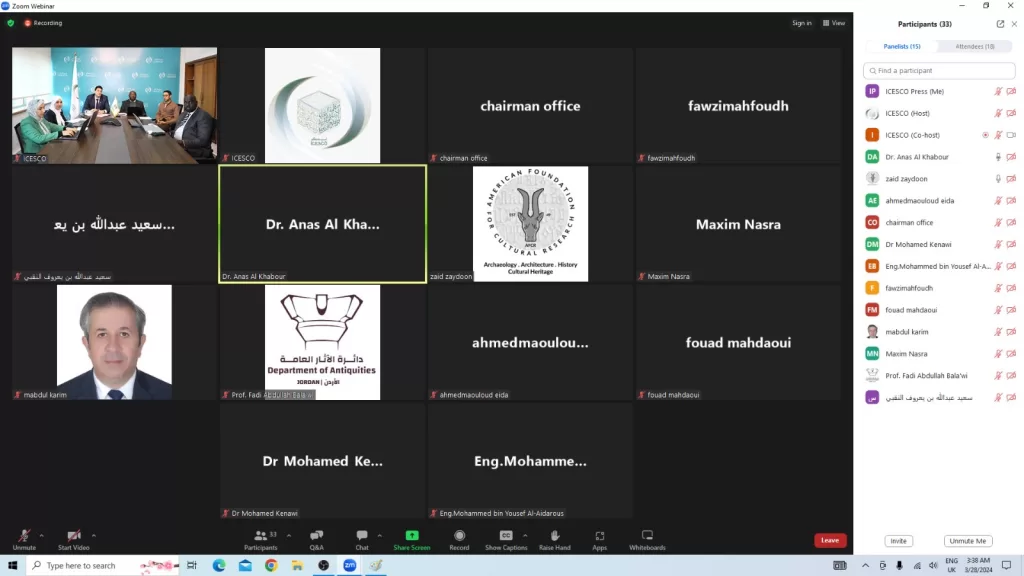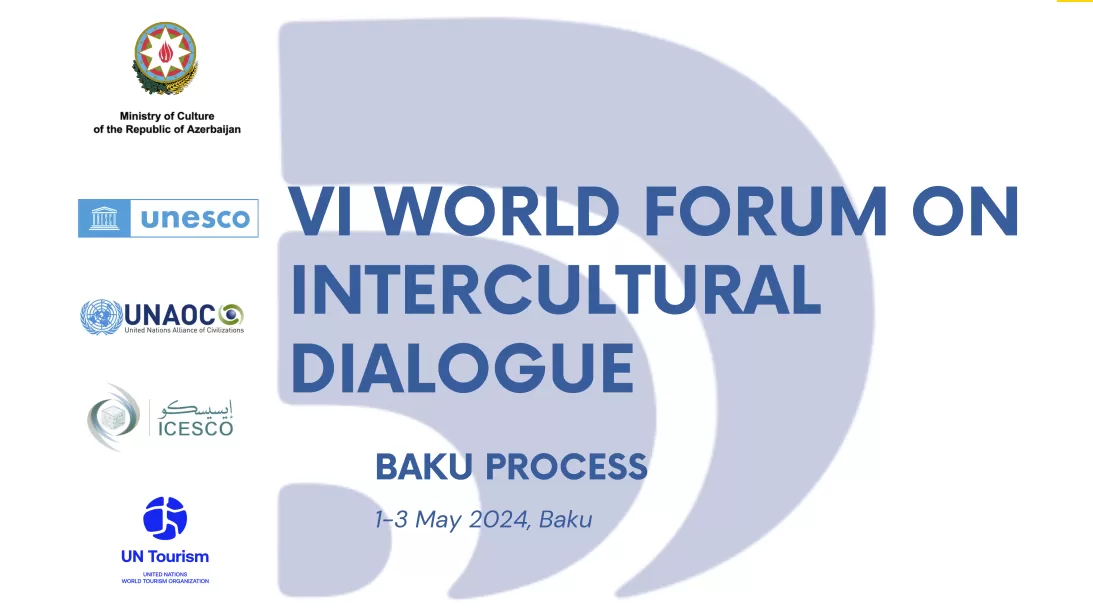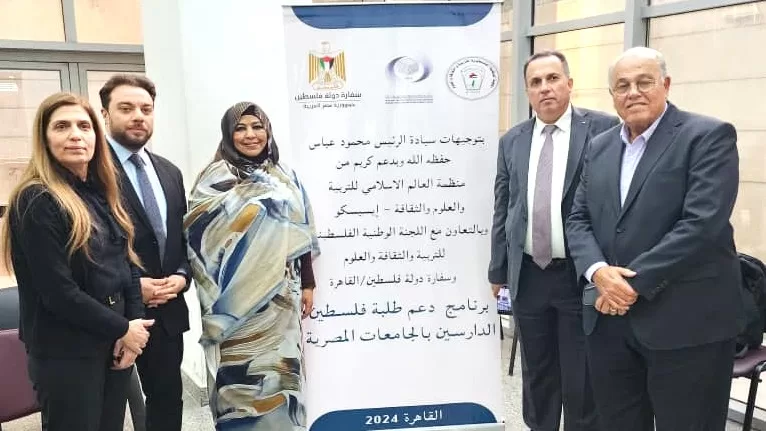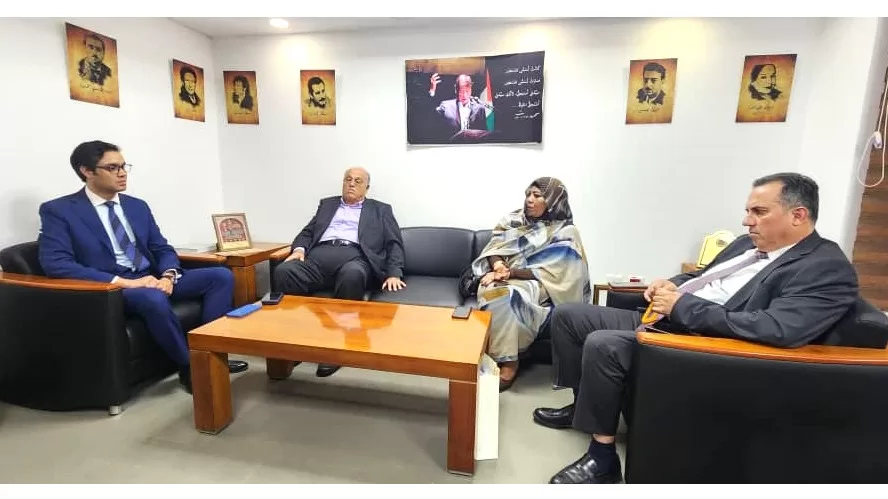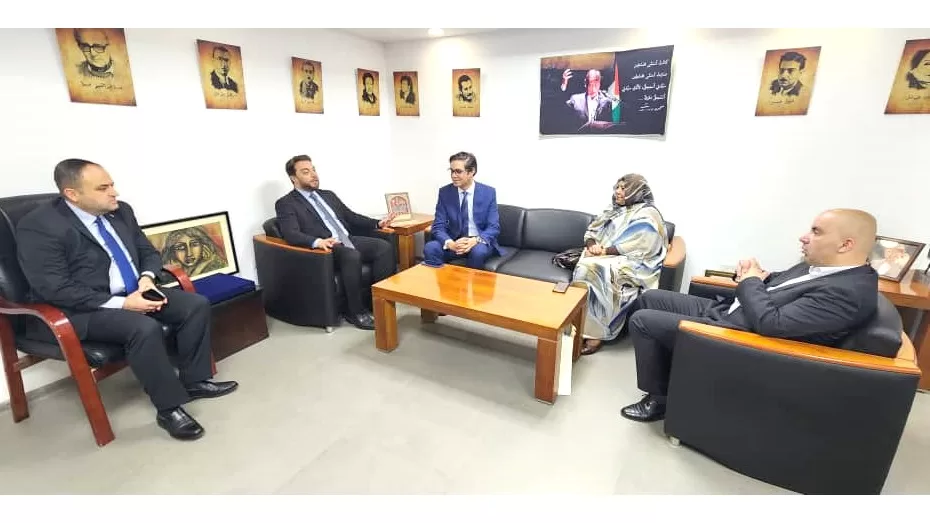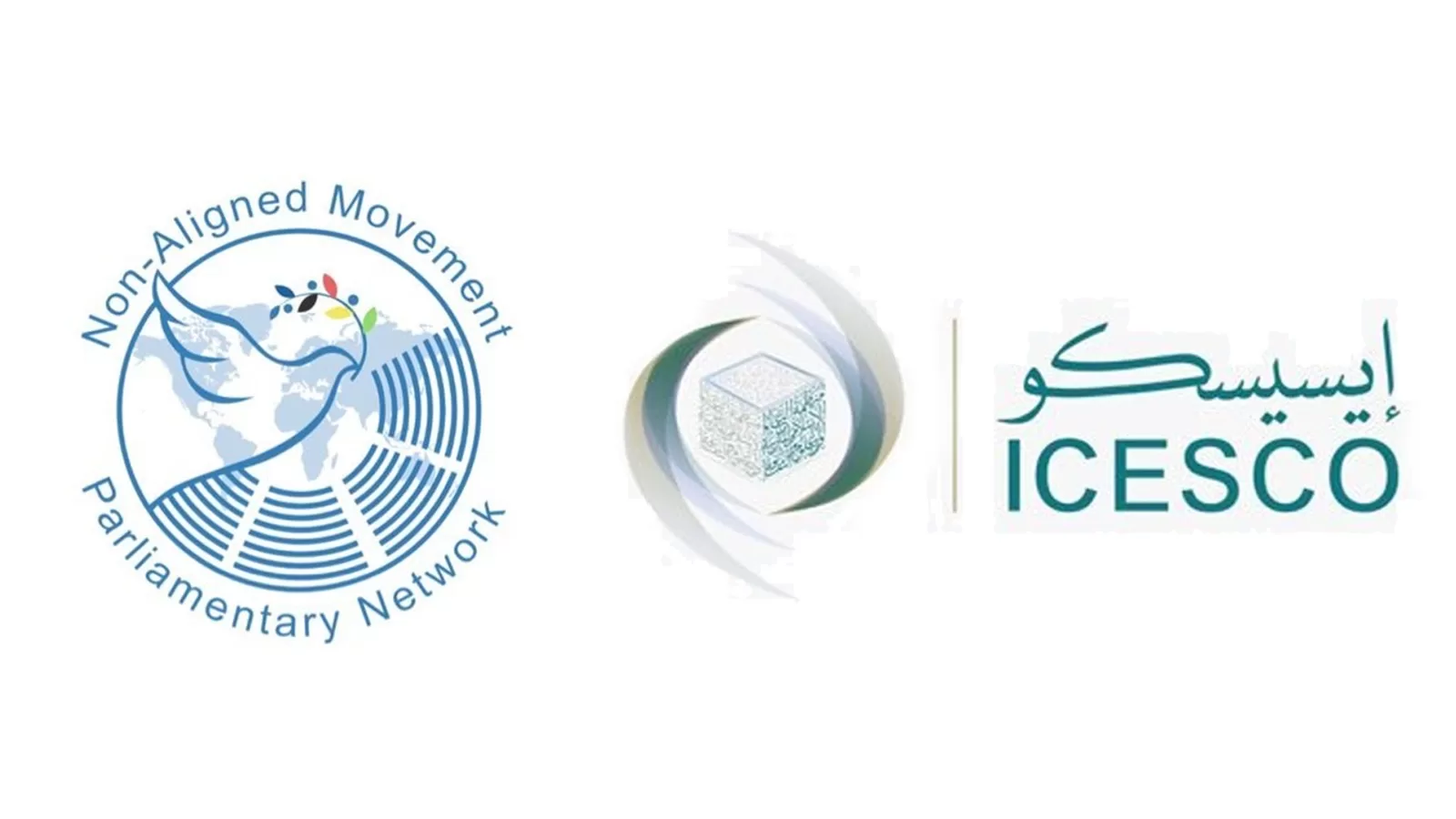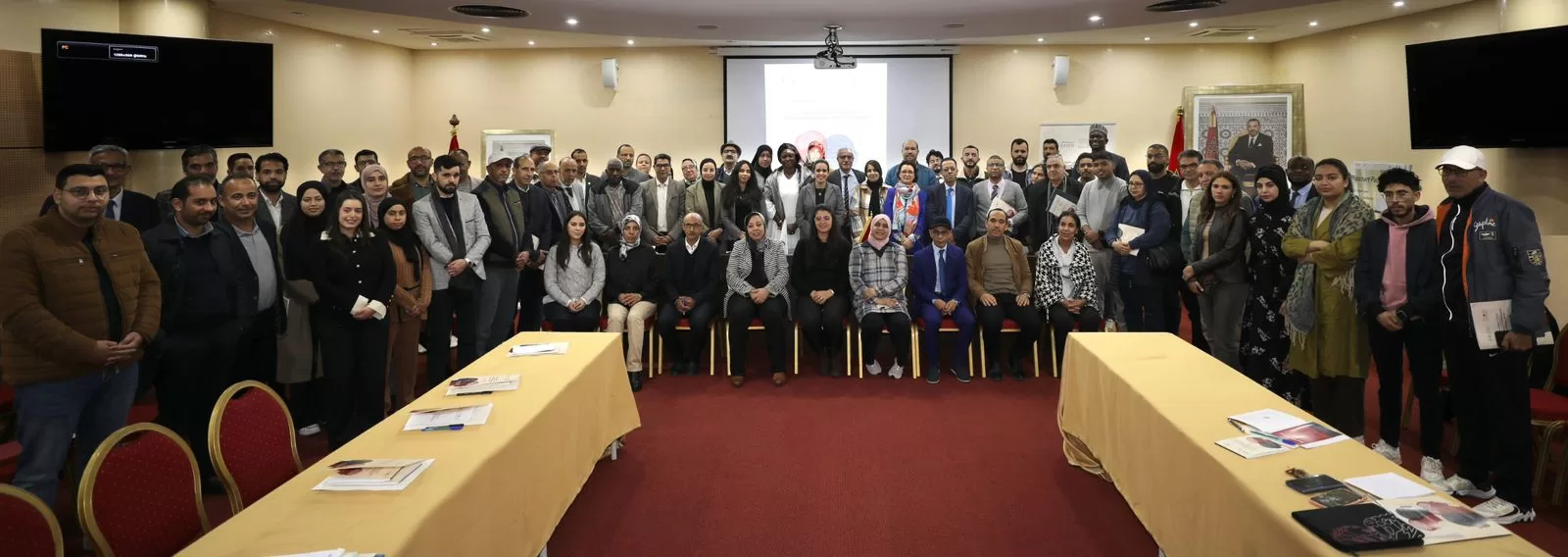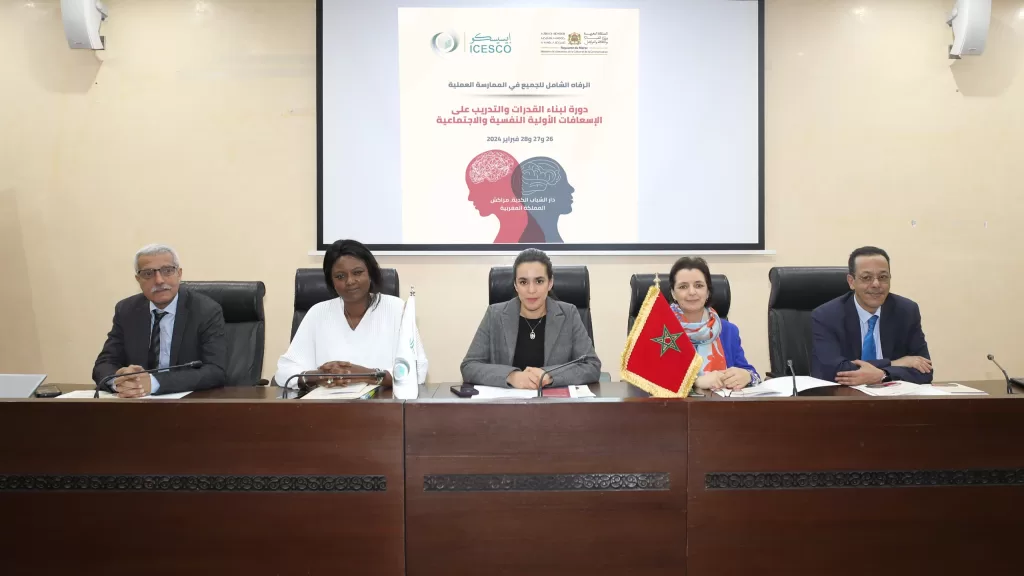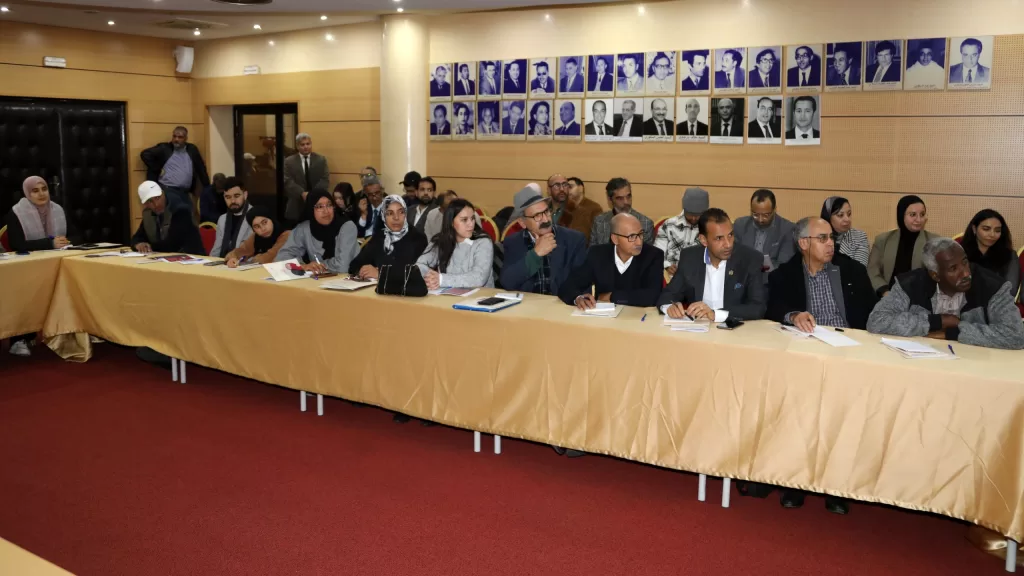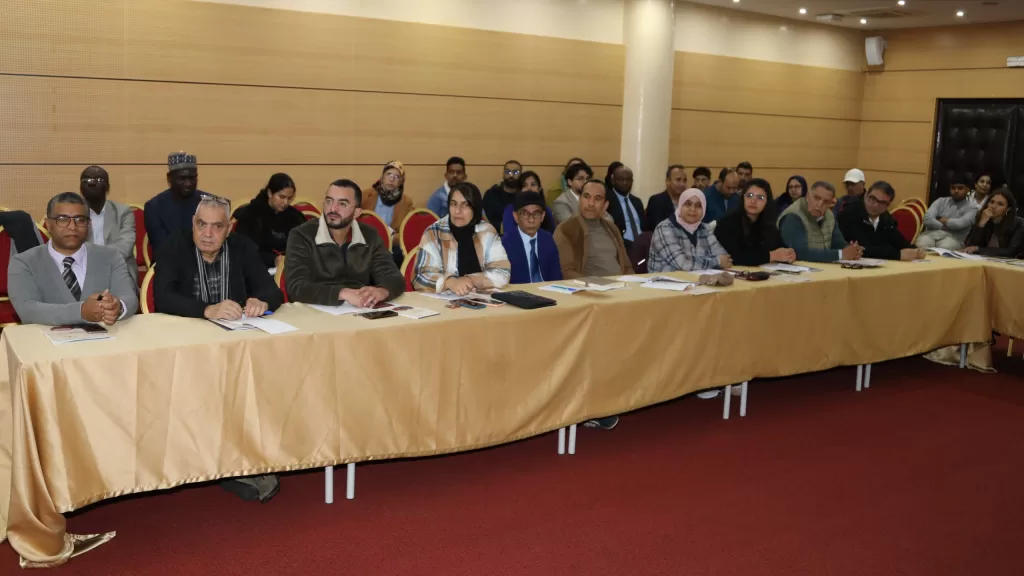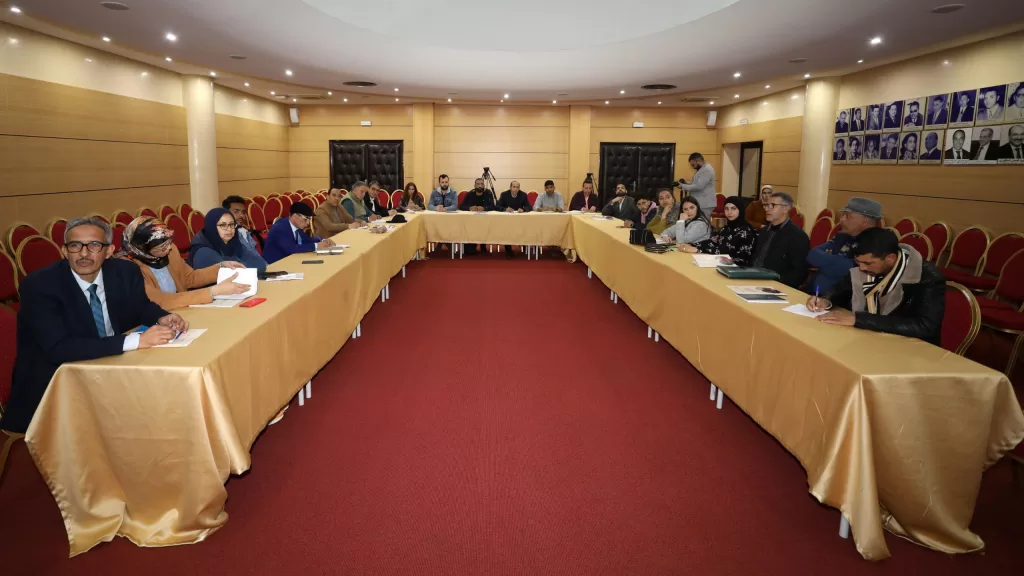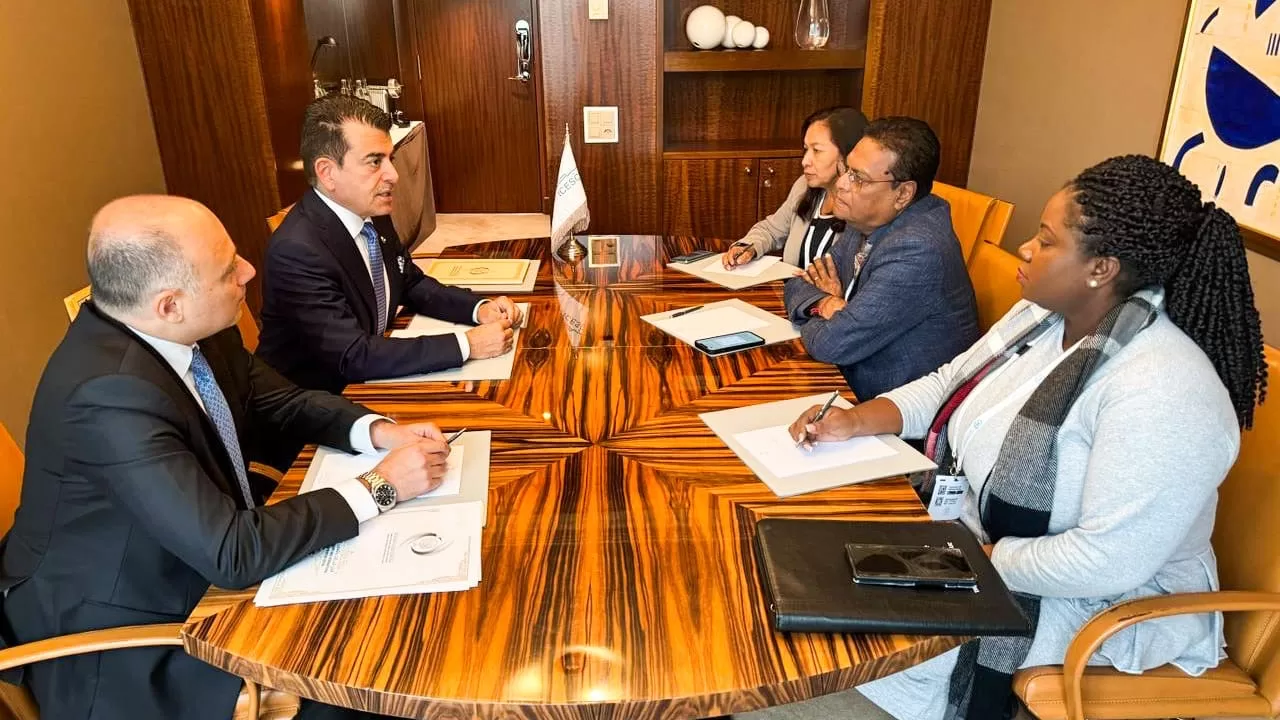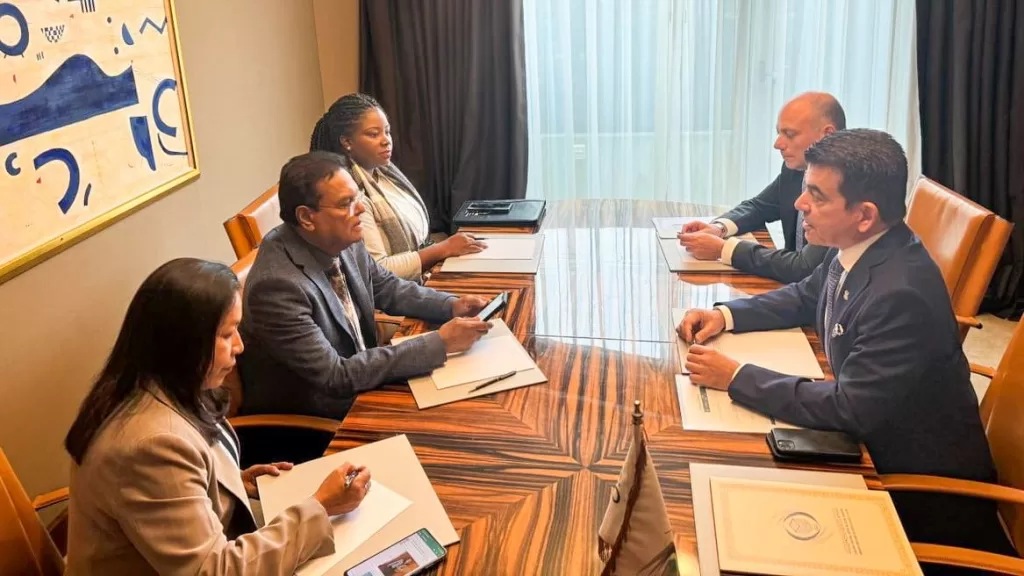Dr. Salim M. AlMalik, the Director-General (DG) of the Islamic World Educational, Scientific, and Cultural Organization (ICESCO), received Mr. Ahmed Réda Chami, President of the Economic, Social, and Environmental Council of the Kingdom of Morocco (CESE), along with his accompanying delegation of the Council members. The two parties discussed the prospects of mutual cooperation, especially in the fields of foresight studies and artificial intelligence.

The Meeting was held on Wednesday April 3rd, 2024, at ICESCO’s Headquarters in Rabat, in the presence of Dr. Abdelilah Benarafa, ICESCO Deputy DG, and several sector heads, department directors, and heads of specialized centers at the Organization. During the meeting, Dr. Al-Malik reviewed ICESCO’s efforts, foresight initiatives, programs, and projects geared toward supporting its Member States in developing the education, science, and culture sectors. He emphasized that the Organization adopts an open approach to partnership and collaboration with all to achieve its strategic objectives.
Dr. Al-Malik pointed out that ICESCO’s Center for Strategic Foresight has organized several training sessions on foresight and decision-making for the benefit of public servants, private professionals, and youth in its Member States.

The Organization established its “ICESCO Chair on Women in Science: Artificial Intelligence and the Future” at the Euro-Mediterranean University in Fez. Soon, the “ICESCO Chair for Artificial Intelligence Ethics ” will be established at the University of Technology and Applied Sciences in Muscat, Sultanate of Oman.

For his part, Mr. Chami lauded the various roles that ICESCO fills, and the support it lends to its Member States in its areas of competence, reaffirming the Economic, Social, and Environmental Council’s keenness to foster a fruitful cooperation with the Organization considering its distinguished expertise, especially in the fields of strategic foresight and artificial intelligence.

Following the meeting, ICESCO’s DG took the President of the Economic, Social, and Environmental Council and his accompanying delegation on a tour of the various halls of the International Exhibition and Museum of the Prophet’s Seerah and Islamic Civilization, currently hosted by the Organization through a strategic partnership between ICESCO, the Muslim World League, and the Mohammadia League of Scholars.


